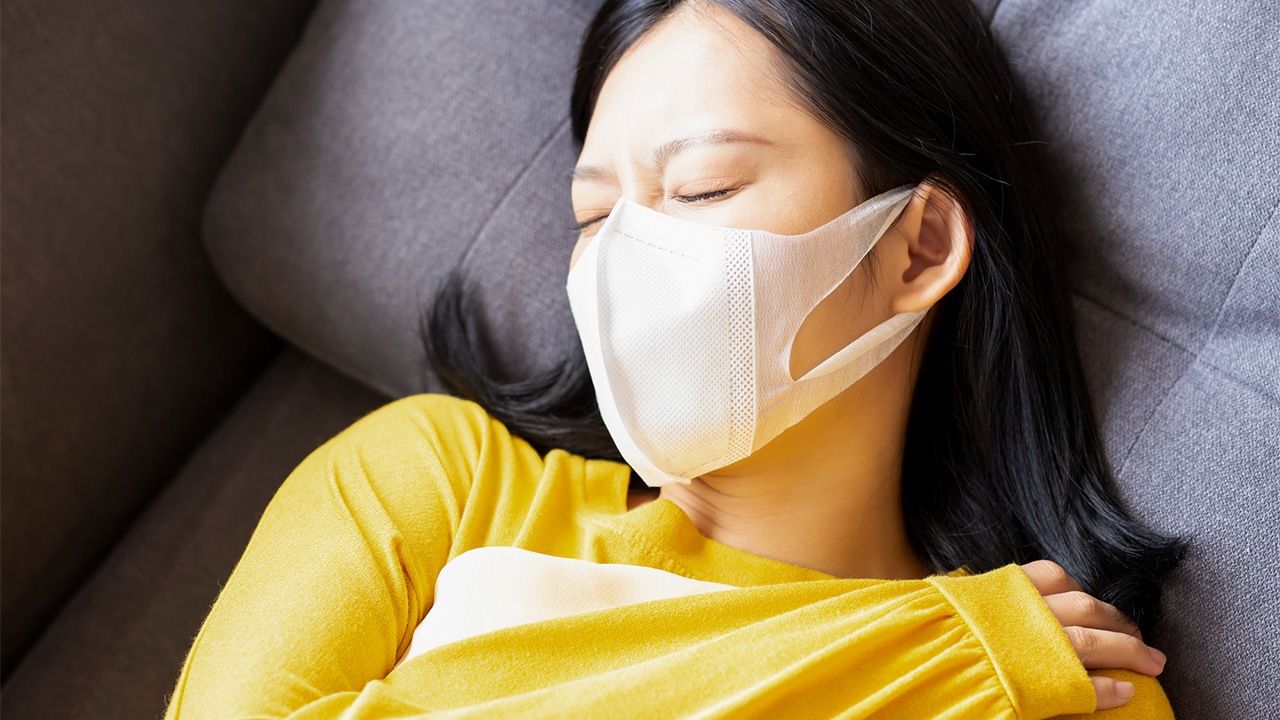
Coronavirus Guidelines in Japan
Health Society- English
- 日本語
- 简体字
- 繁體字
- Français
- Español
- العربية
- Русский
The Ministry of Health, Labor, and Welfare has updated its COVID-19 guidelines to encourage earlier telephone consultation. The guidelines it published in February said that people should contact consultation offices if they had flulike symptoms and a fever over 37.5 degrees Celsius that continued for four days. This led to many cases where people with suspected infections either did not make contact or were told they did not meet the standards, and so were not tested.
The new guidelines have loosened requirements, and emphasize the importance of early consultation to prevent symptoms from getting worse.
People with the following symptoms should contact consultation offices or the Japan Visitor Hotline:
- Severe symptoms like breathing difficulties, severe lethargy, or a high fever.
- Relatively mild flulike symptoms, such as a fever or coughing (for seniors, people with underlying conditions, and others at risk). Symptoms are liable to become more severe in people with diabetes, heart failure, or respiratory disorders, and patients receiving dialysis, immunosuppressants, or anticancer therapy. To avoid unnecessary risk, pregnant women should also seek early consultation.
- Relatively mild flulike symptoms that continue for some time. (If they continue for four days, or appear serious, be sure to make contact.)
First Pick Up the Phone
People who think they might be infected should first contact a consultation office by telephone, rather than going to a medical institution.
The Japan Visitor Hotline is available for consulting about COVID-19 in English, Chinese, and Korean. The Japan National Tourism Organization service is available 24 hours a day, 365 days a year.
Tel.: 050-3816-2787 (from within Japan)
Consultation in Japanese is available at call lines for public health centers (帰国者・接触者相談センター). Phone numbers for the different centers are on prefectural websites.
(Originally published in Japanese in February 2020; updated on May 9, 2020. Banner photo © Pixta.)